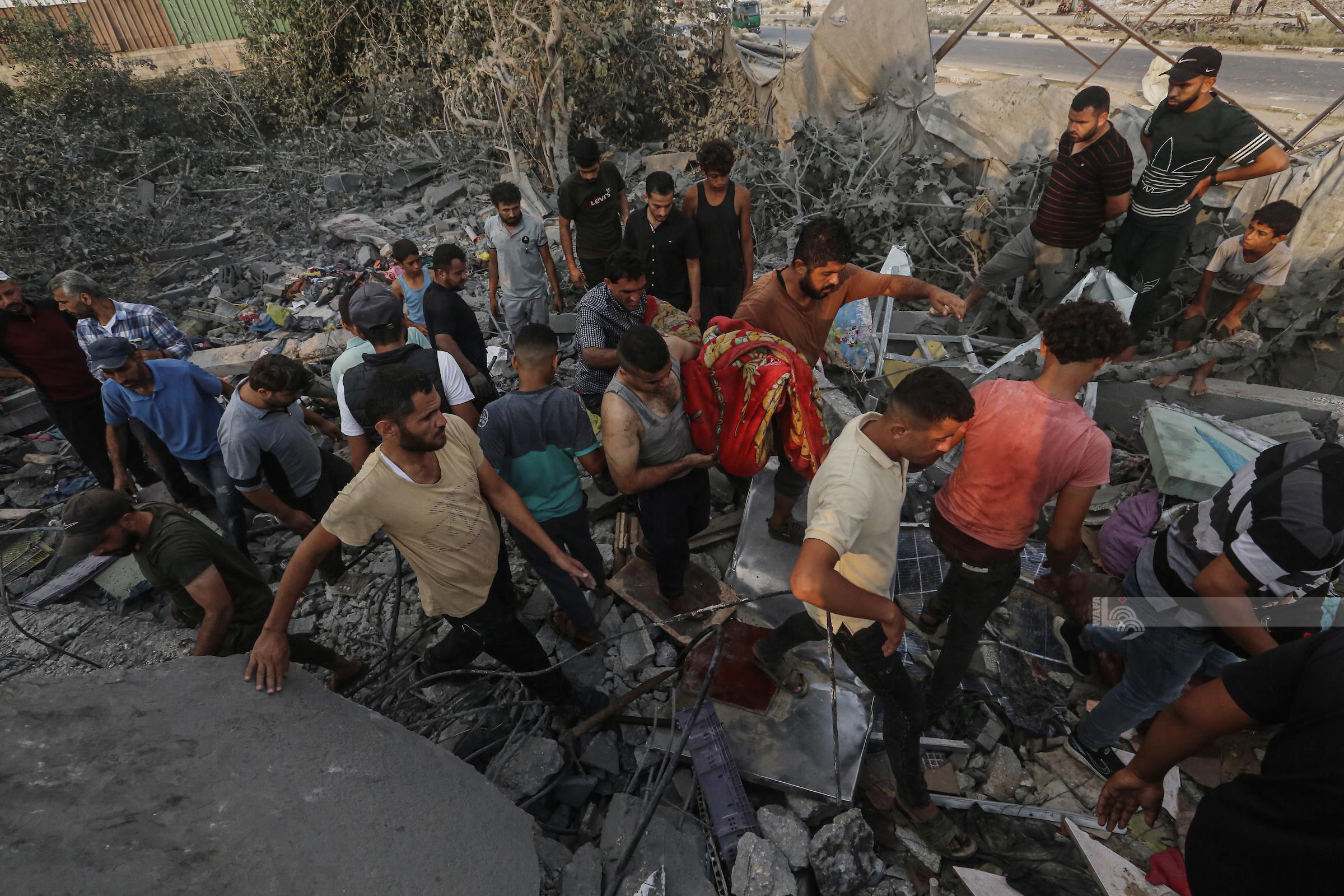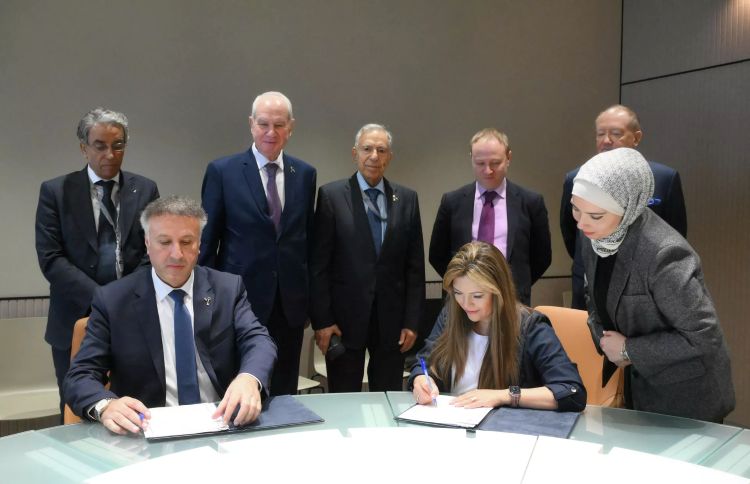GENEVA, June 2, 2025 (WAFA) – The International Labor Organization on Wednesday kicked off the 113th session of the International Labour Conference (ILC) at the high-level ministerial level in Geneva with the participation of delegations representing governments, employers, and trade unions from 187 countries.
During the general affairs session, representatives of member states discussed a historic draft resolution regarding discontinuing the existing status of Palestine as a liberation movement and henceforth invite Palestine to participate in ILO meetings as a non-member observer State.
The resolution seeks to expand Palestine's participation in the ILO by upgrading its status from "national liberation movement" to "non-member observer State," in line with UN General Assembly resolution ES-10/23 of May 2024.
This resolution balances Palestine's status in the ILO with its membership in other agencies such as UNESCO and the World Health Organization (WHO). It is based on the recommendation of the ILO Governing Body, adopted during its 352nd session in November 2024, which called for strengthening the status and participation of the State of Palestine in the work of the Organization, including attendance at Governing Body meetings, regional conferences, and technical committees. The General Affairs Committee unanimously adopted the resolution, paving the way for its formal adoption on Thursday, June 5.
During the session, several countries expressed their clear support for the draft resolution, stressing the need for a ceasefire in Gaza and the entry of humanitarian aid as soon as possible. These countries included the Arab Group, chaired by Bahrain, and the Organization of Islamic Cooperation, chaired by Pakistan, Egypt, Algeria, China, Spain, France, Indonesia, Cuba, Tunisia, Switzerland, Chile, and Venezuela.
They also emphasized the importance of enabling the State of Palestine to fully exercise its role within the organization and strengthening its international presence as a state, not just as a liberation movement. Expanded Privileges for the State of Palestine Under the Resolution.
The draft resolution includes a broad package of rights that will be granted to Palestine in the organization, including the right to sit among states in alphabetical order, to be listed on the list of speakers on all agenda items, to submit statements on behalf of groups, to submit and co-sponsor proposals and amendments, the right to reply, to file procedural motions, to submit points of order, to vote, to appeal the decisions of the presiding officer, to include items on the agenda of future conferences, to elect members of its delegation to the General Assembly Bureau for the conference starting next year, to fully participate in conferences and meetings held under the auspices of the General Assembly, and to have tripartite representation (government, employers, and workers) in Palestinian delegations.
The resolution also stipulates that Palestine's participation be aligned with the procedures adopted by the United Nations General Assembly, and that this be implemented on an exceptional basis, without prejudice to the membership structure of the organization.
For his part, the Permanent Representative of the State of Palestine to the United Nations in Geneva, Ambassador Ibrahim Khraishi, expressed his gratitude for the international support.
"I congratulate the Conference Presidency and the representatives on their election. I thank the Employers' Representative and the Workers' Representative for their transparent and supportive discourse on the Palestinian cause,” he said, commending the position of the groups and countries that expressed their solidarity.
Ambassador Khraishi criticized the position of the Hungarian delegation, which opposed the resolution, expressing surprise at the position of Hungary, which recognized the State of Palestine in 1988.
“We expected it to support full membership for Palestine, in line with the position of the international community," he noted.
He also emphasized that the draft resolution was procedural, not political, as it was presented based on a lengthy legal analysis prepared by the Office of the Director-General, which reviewed Palestine's ongoing participation for more than 50 years.
Khraishi pointed out that the General Assembly, in its May 2024 resolution, called on the specialized agencies to take measures to harmonize their resolutions, noting that Palestine meets the four conditions stipulated in the 1933 Montevideo Declaration and is eligible for membership.
He pointed to the 1946 agreement between the General Assembly and the International Labor Organization to align their resolutions with those of the General Assembly. However, he said “some still refuse to deal fairly and continue to apply double standards."
Ambassador Khraishi emphasized that the decision to upgrade the State of Palestine's membership in the ILO is a firm and direct response to the Israeli Knesset's decision rejecting the establishment of a Palestinian state, as well as to the inflammatory and dangerous statements made by the Israeli Prime Minister and his far-right Foreign Minister.
He considered the Israeli position to represent an extremely dangerous escalation and a flagrant violation of international law and the rights of the Palestinian people.
Khraishi called for effective international action to confront this unjust reality, through clear and explicit support for the rights of Palestinian workers, and strengthening Palestine's representation and presence in international forums and institutions as part of the legitimate national and political struggle. Consensus on the importance of the resolution and calls for its adoption.
Both the Employers' and Workers' groups, in their respective statements, emphasized the importance of the resolution, noting that granting Palestine these rights does not mean full membership and does not affect any future solutions to the Palestinian-Israeli conflict. Rather, they emphasized that it is a constructive step that reinforces the ILO's commitment to inclusiveness and technical cooperation.
They also emphasized the need to empower the Palestinian people's presence in international organizations and protect workers' rights in light of the ongoing illegal occupation.
The statements also affirmed that the resolution provides a practical platform to support Palestinian workers in light of the humanitarian catastrophe in the occupied Palestinian territory, especially in the Gaza Strip, where millions face difficult and tragic humanitarian conditions and more than 200,000 workers have lost their jobs.
A.D./ K.F.











